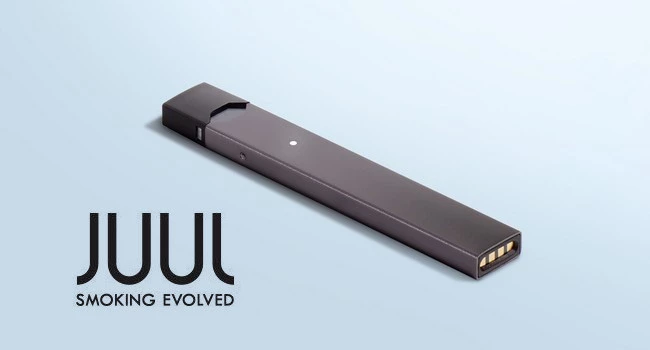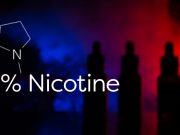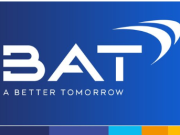Meanwhile, anti-vape politicians and groups, had been pressuring the FDA to flat out reject any PMTA applications by Juul. In fact the American Lung Association (ALA) and the Campaign for Tobacco-Free Kids had recently said they were “deeply disappointed” that the FDA was still studying a percentage of the applications, including Juul’s. ECigIntelligence revealed that the Campaign for Tobacco-Free Kids had even threatened to take the agency to court if it did not “immediately clarify” the timeline and reason for its actions.
Given this uncertainty, and the fact that over the years Juul has been plagued by lawsuits, adverse health claims and accusations of targeting younger consumers, in October 2021 Altria stock (NYSE: MO) dropped by 3% and was at one point trading close to $49 per share. Finally two weeks back, the FDA issued Juul a marketing denial order (MDO).
The decision applies to “all of their products currently marketed in the United States,” forcing the manufacturer to completely exit the US market. “We recognize these make up a significant part of the available products and many have played a disproportionate role in the rise in youth vaping,” stated FDA Commissioner Robert M. Califf.
Juul ban put on hold
However in response to this, Juul has filed an emergency motion at a federal appeals court asking the court to take a stance against an “extraordinary and unlawful action” by the FDA. A three-judge panel of the U.S. Court of Appeals for the District of Columbia Circuit ruled in favour of Juul, allowing the products to remain on the market, at least for now.
Discussing these events, Wall Street analysts explain that ultimately, if the Juul ban goes into effect, Altria’s obligations would be voided, leaving the tobacco company free to invest in any other vape firm.
Bernstein analyst Callum Elliott was quoted by Saltwire as suggesting that “Altria could try to buy privately owned Njoy, which has already succeeded with its PMTA (Premarket Tobacco Product Application) process applications.”
“Before Njoy, British American Tobacco’s Vuse Solo e-cigarettes and tobacco-flavored pods had become the first-ever vapor products to receive clearance from the health regulator in October last year.,” he added.












